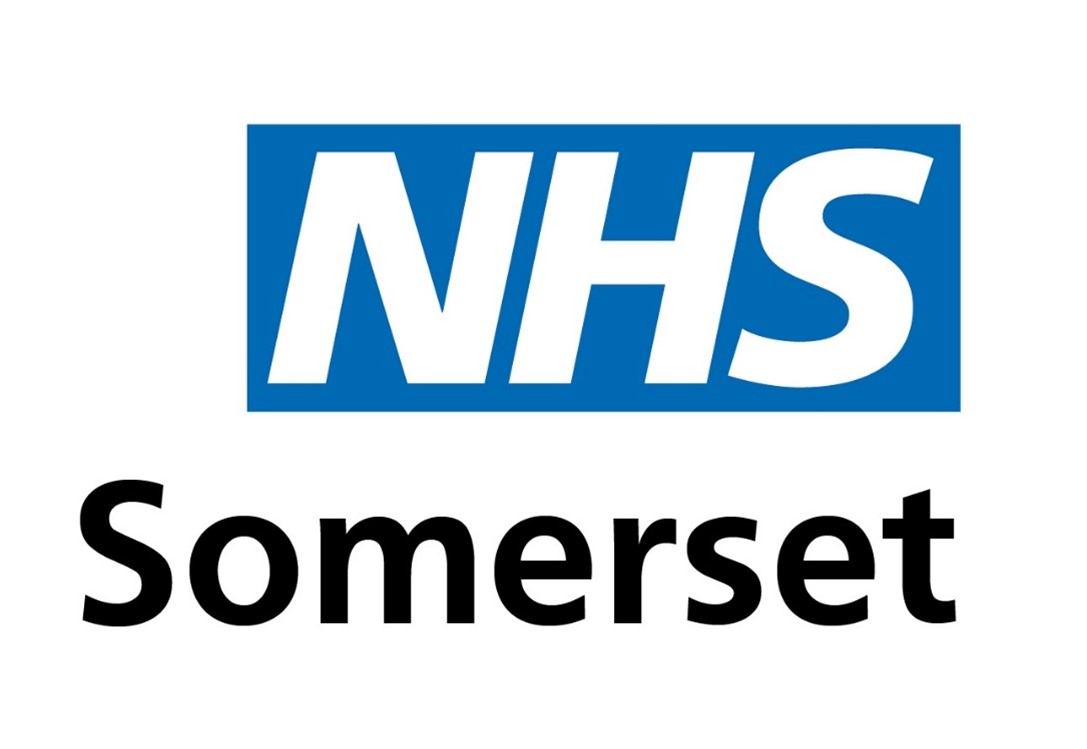Introduction
Wellbeing is about how we feel and how we cope with everyday difficulties. We do not have to feel happy all of the time to have positive wellbeing. However, if you are finding it difficult to cope with everyday life, you might want to look at different ways to support your mental health.
ChatHealth 11-19 is a text service for young people to confidentially ask for help about a range of issues from a school nurse—for example, emotional health, relationships, sexual health, drugs, smoking and alcohol. The service is staffed by qualified school nurses who have a wealth of experience of working with young people and you don’t have to give your name if you don’t want to.
Somerset Emotional and Mental Health Support
The Somerset Emotional and Mental Health Route Map provides a brief overview of some of the key services and support avenues to support the mental health and wellbeing of children and young people in Somerset.
Somerset Young Mental Health Champions LifeHacks for Mental Health project
LifeHacks are a series of practical tips and ideas, developed by young people, to help promote and support young people to look after their own, and their friends, mental health. They are packed with ideas and links to support your own mental health and your friends’ mental health. They include true stories from people who’ve tried them out. They are great to share with others who need it.
- Little Book of Mental Health LifeHacks
- Little Book of Mental Health LifeHacks to support a friend.
- Somerset LifeHacks website
This project was set up to help build resilience through engagement with young people to improve the self-esteem and emotional literacy of young people in Somerset. It seeks to create a ‘culture of openness’, for example creating acceptance that it is okay to talk about emotional and mental health problems, talk about recovery and hope, and see the whole person and not just the problem.
The LifeHacks were created by a diverse group of young people who volunteered to come together following a series of focus groups held across Somerset exploring mental health. A key theme that emerged was that young people were desperate for knowledge about how to help their friends with mental health issues.
Kooth
The Kooth website is a free, interactive resource for children and young people, accessible on all devices. It is a safe, confidential online mental health service where young people can receive counselling, advice and support for their emotional well-being. The therapy team are qualified counsellors and psychotherapists. They work closely together and know about other services, so the young people they work with can be signposted to the best information and support.
Lauren from Kooth talks us through the online mental health and wellbeing service for children and young people in Somerset, during the Local Offer Live October 2022.
Tellmi
The Tellmi app is a safe, anonymous tool where you can talk about absolutely anything, giving you the tools to manage your mental health and support others. From anxiety to autism, dating to depression, or self-harm to self-esteem, sharing your experiences with our awesome community helps you to feel better. National moderators check everything to keep you safe.
Youth Matters Peer Support Groups
Run by Mind in Somerset, these groups are free and informal and give you the chance to meet other young people who may be experiencing similar emotional health issues in a safe, friendly and non-judgmental environment and allow you to both give and receive support to each other. Run by a team of staff and volunteers for 11 to 18-year-olds and 18 to 24- year-olds, their sessions are an opportunity to talk and share experiences, whilst learning some tools and resources to build self-confidence and self-esteem, and to help you cope better with life’s ups and downs. However, they do not make anyone talk about why they have joined if they do not want to.
Mental Health Toolkit
The Mental Health Toolkit has information and guidance to help you understand, respond to and manage self-injury. The Self-Injury Pathway Project (SIPP) Guide offers clear, practical advice and genuine insight into the most misunderstood and feared behaviour of self-injury. Shaped by young people living and coping with self-injury; their knowledge, honesty and bravery has been instrumental in creating this guide during the SIPP project which ended in March 2021. The Supporting Families Plan has been developed to provide practical, easy-to-implement support for the parents/carers and siblings of young people who self-injure.


